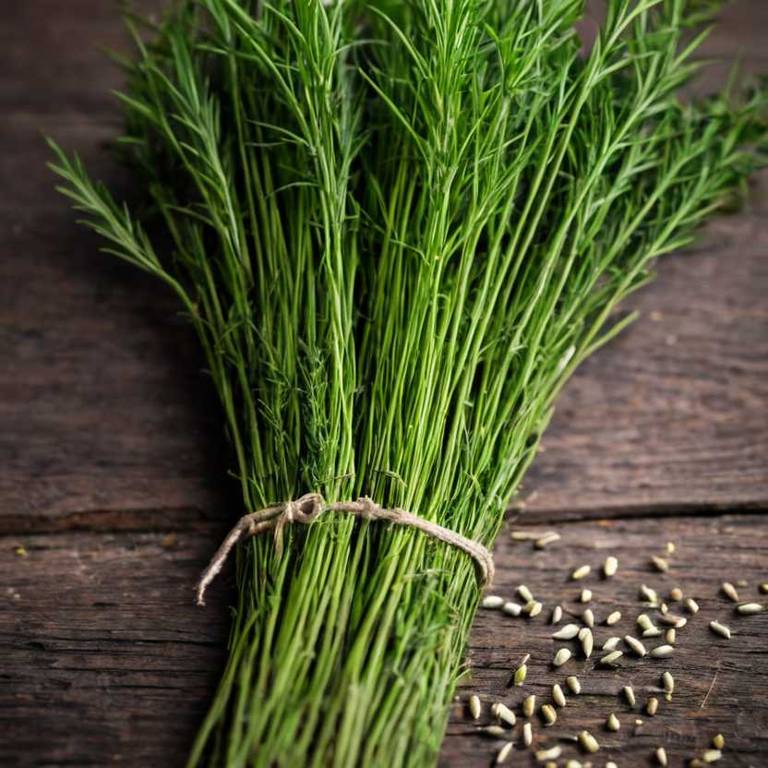By Leen Randell
Updated: Jul 06, 2024
What Are The Medicinal Properties Of Equisetum Arvense (Field Horsetail)?

Equisetum arvense, also known as field horsetail, has health benefits such as reducing inflammation and improving wound healing due to its rich source of bioflavonoids and phenolic acids.
The medicinal constituents of Equisetum arvense include silica, calcium, and potassium, which contribute to its therapeutic properties. Medicinal preparations of Equisetum arvense can be made into teas, tinctures, and topical creams. However, excessive use can cause gastrointestinal upset and kidney strain.
Precautions include consulting a healthcare professional before using Equisetum arvense, particularly for pregnant or breastfeeding women.
This article explains the health benefits, active constituents, medicinal preparations, possible side effects, and precautions related to Equisetum arvense.
What are the health benefits of Equisetum arvense?
Equisetum arvense, also known as field horsetail, has health benefits such as reducing inflammation, improving kidney function, and supporting bone health.
It is rich in silica, which can help strengthen hair and nails, while its antioxidant and anti-inflammatory properties may also alleviate symptoms of arthritis and gout.
Traditionally, field horsetail has been used to treat urinary issues and promote wound healing, showcasing its versatility as a natural remedy.
Here's a detailed article about the 10 health benefits of Equisetum arvense.
What are the active constituents of Equisetum arvense?
Equisetum arvense, also known as field horsetail, has active constituents such as silica, flavonoids, and caffeic acid.
The plant's silica content is particularly significant, making it a popular remedy for joint pain, arthritis, and bone health issues.
Additionally, flavonoids and caffeic acid may possess antioxidant and anti-inflammatory properties, contributing to the plant's potential therapeutic effects on inflammation, immune system function, and overall well-being.
Here's a detailed article about the 10 active constituents of Equisetum arvense.
What are the medicinal preparations of Equisetum arvense?
Equisetum arvense, also known as field horsetail, has medicinal preparations such as infusions, tinctures, and ointments.
The herb is typically harvested when in flower and then dried to preserve its potency. Its medicinal properties are attributed to its high silica content, which is used to treat various conditions including arthritis, osteoporosis, and skin irritations.
The plant's extracts are also used in cosmetics and pharmaceutical products to promote skin health and wound healing.
Here's a detailed article about the 10 medicinal preparations of Equisetum arvense.
What are the possible side effect of using Equisetum arvense improperly?
Improper use of Equisetum arvense, also known as field horsetail, increases the chances of experiencing side effects such as gastrointestinal issues, including nausea, vomiting, and diarrhea, due to its high silica content.
Additionally, excessive consumption can cause kidney damage and interact with certain medications, such as blood thinners and diuretics, leading to potential complications.
Moderation and proper dosage are essential to minimize the risk of adverse effects.
Here's a detailed article about the 10 most common side effects of Equisetum arvense.
What precautions to take when using Equisetum arvense medicinally?
Here's a detailed article about 10 precautions to take when using Equisetum arvense.